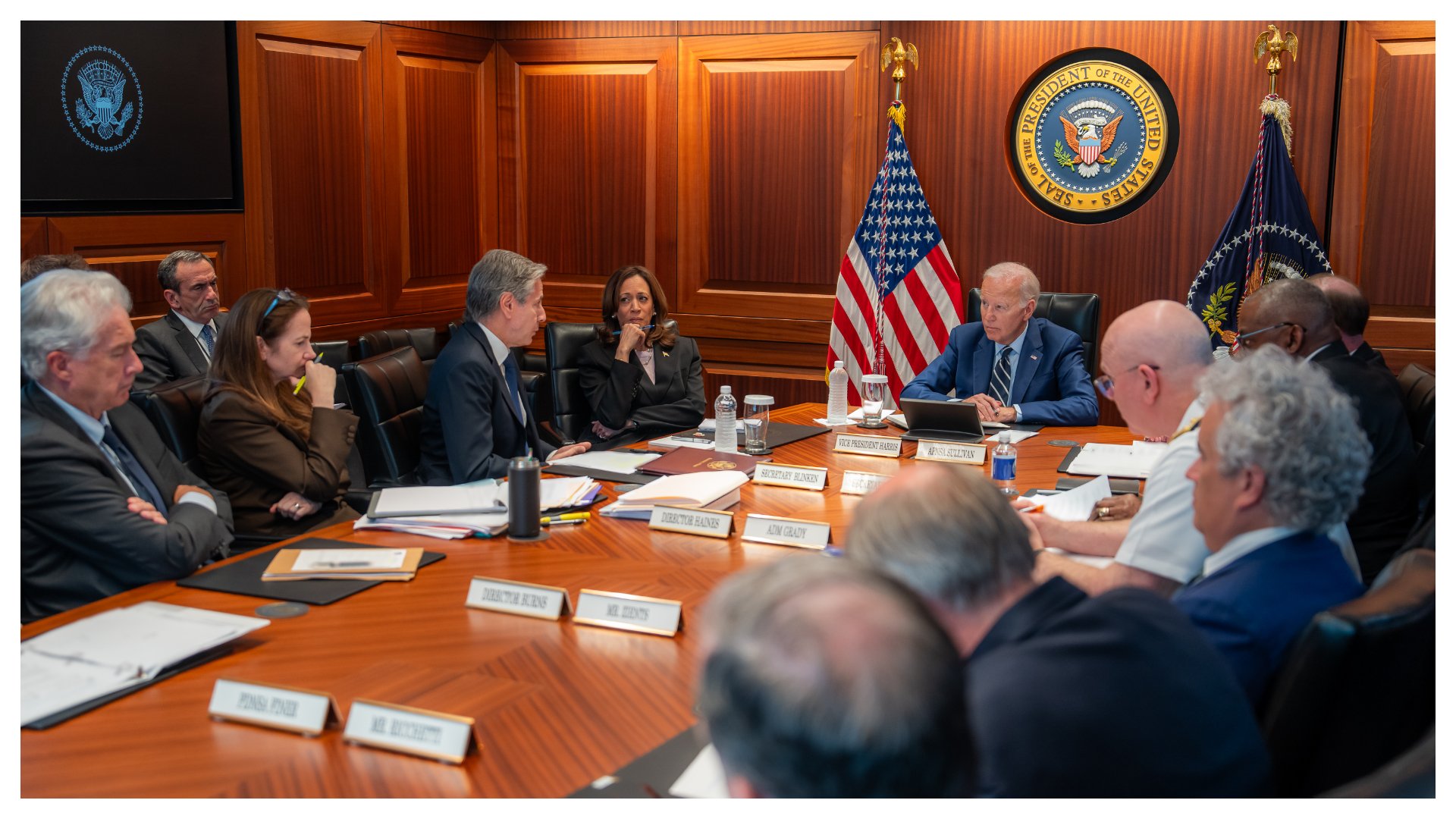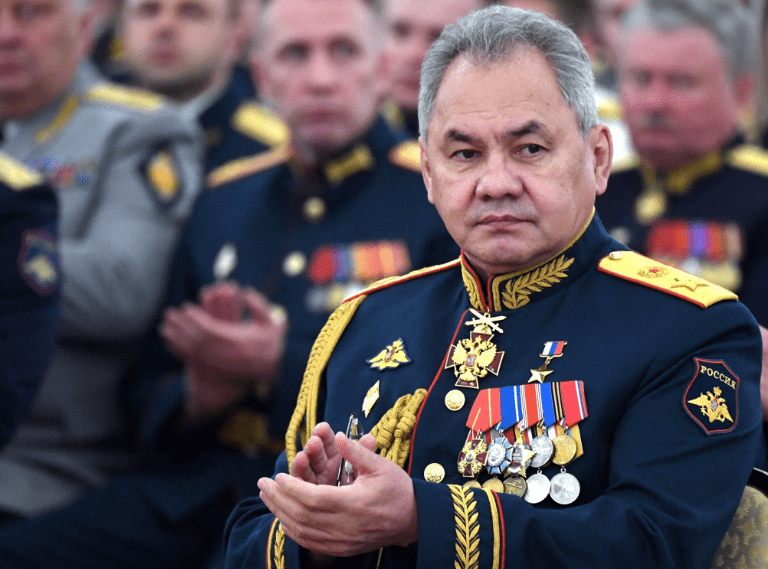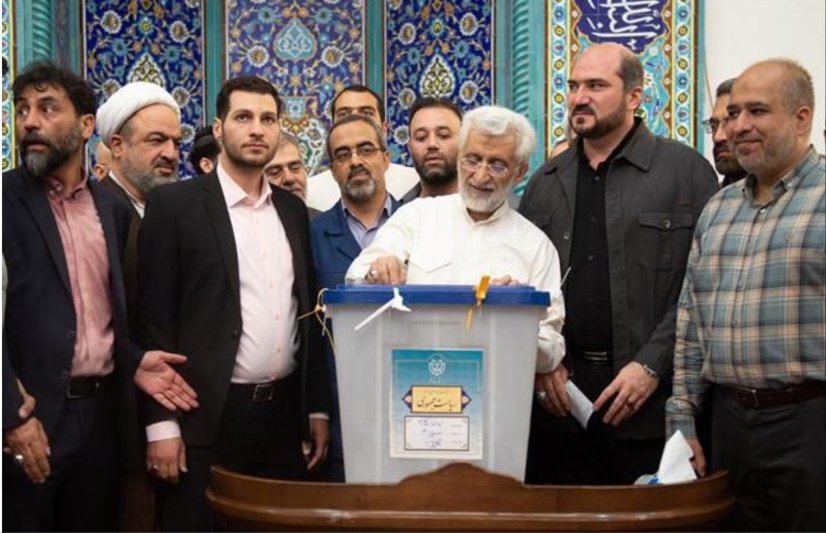Iran begins funeral ceremonies as probe into the late President Raisi’s chopper crash continues
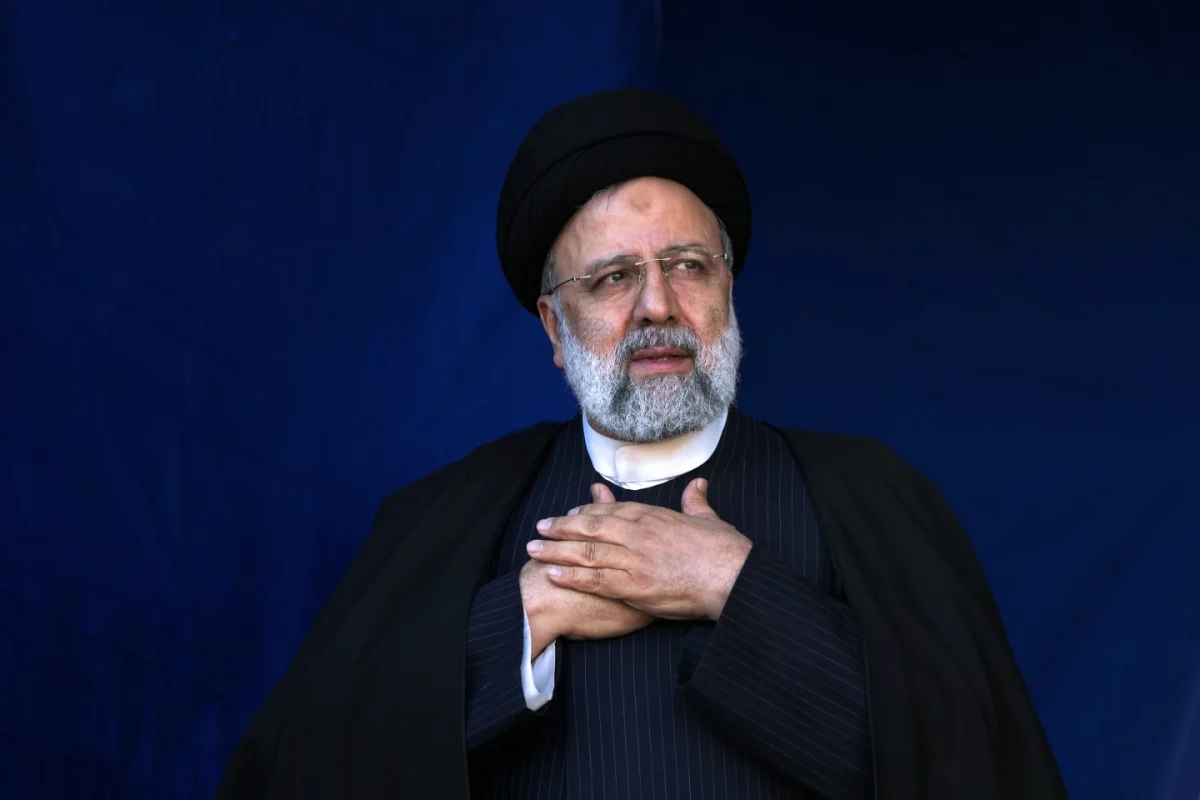
Funeral ceremonies are set to begin on Tuesday for the late Iranian President Ebrahim Raisi following his death in a helicopter crash, as authorities probe what caused the aircraft to smash into the side of a remote mountainside during foggy weather on Sunday morning.
Raisi’s death alongside other high-ranking officials, including the country’s foreign minister, has left the Islamic Republic’s hardline establishment facing an uncertain future as it navigates rising regional tensions and domestic discontent.
Iran’s government has arranged multiple days of mourning culminating in a funeral later this week for the 63-year-old ultraconservative cleric who had once been seen as a potential successor to current Supreme Leader Ayatollah Khamenei.
Iran funeral prayers
Tuesday will begin with funeral prayers and a procession in the northwestern city of Tabriz, the largest city in the mountainous northwestern region of Iran where the chopper crashed, according to Mohsen Mansouri, the head of the funeral planning committee and Iran’s vice president of executive affairs.
Later that day, the bodies of the victims will be transferred to the holy Shiite city of Qom, where many of the clerics who make up Iran’s theocratic elite are trained, before then heading to the capital Tehran.
Large ceremonies are planned in Tehran’s enormous Grand Mosallah Mosque on Wednesday. Mansouri announced a public holiday and the closure of offices that day so that processions could take place.
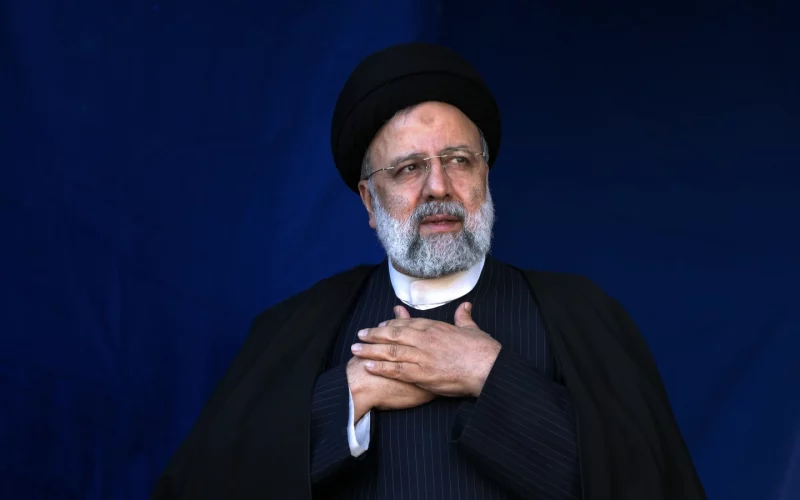
Raisi’s body will then be moved to the historic Imam Reza shrine in Mashhad where Ayatollah Khamenei will conduct prayers, according to Mehr News.
There is no indication of what might have caused the crash – and why so many senior Iranian government officials were travelling in a single, decades-old helicopter.
In the first moments after Raisi’s helicopter lost contact on Sunday night, Turkey said it monitored whether or not the aircraft gave a “signal,” but was unable to detect anything.
“We immediately contacted the Iranian side. They also contacted us, but unfortunately, it was seen that the signal system was either turned off or the helicopter did not have the signal system,” said Turkish Transportation and Infrastructure Minister Abdulkadir Uraloglu, according to Turkish state broadcaster TRT.
Iran experts
It was not clear whether he was referring to the helicopter’s transponder, which the vast majority of aircraft are usually equipped with.
When asked whether there was a possibility of sabotage, Uraloglu said that it was too early to comment on this issue, and said initial indications looked like an accident due to foggy weather.
On Monday, Iranian media reported that the country’s military chief had appointed a commission to investigate the cause of the crash, which includes military and technical experts.
